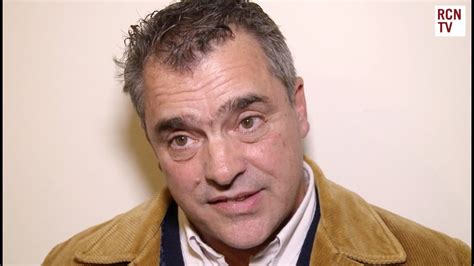Top 29 Quotes & Sayings by Kevin Allen
Explore popular quotes and sayings by a British actor Kevin Allen.
Last updated on April 14, 2025.
For so long, companies were run using a command-and-control, 'top down' hierarchical method that involved dictating down the command chain and maintaining order. What I've witnessed in our time is evolving democratization, a shift to a demand economy accelerated by technological advancements like social media.




















